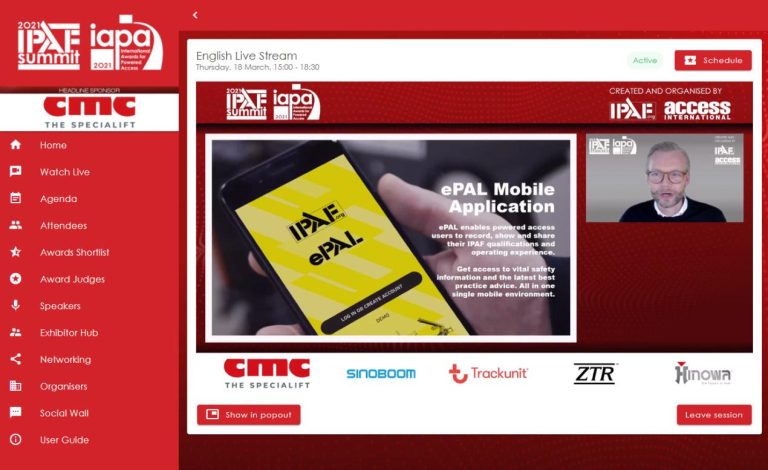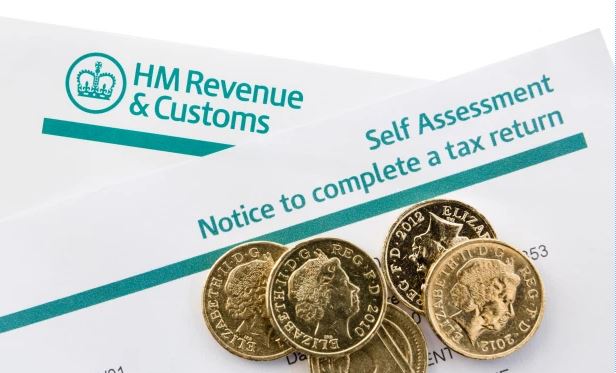Owners of small and medium-sized enterprises know how important it is to budget carefully. Without the safety net of a huge savings account or lots of high-dollar investments, business owners must monitor their cash flow scrupulously. If you’re just starting your SME, you understand how critical following your budget is to your business’s success. However, one area that new business owners often forget to budget for is taxes, so follow these steps to make sure that you’ve adequately prepared for tax season. 1. Get Professional Accounting Help You try to limit the number of employees in your early days so that you make more profit each month. After all, each full-time employee you hire represents 40 hours of wages every week. However, when it comes to accounting services, you must invest in professional, full-time employees. Working with a certified public accountant or an accounting firm gives you peace of mind that you’re working within your budget. Taxes become more complicated as your SME expands, and your accounting team is ready to help you understand the wide variety of business arrangements that affect your taxes: Sole proprietorships Joint-stock businesses Nonprofit organizations Additionally, accountants help you navigate complex situations such as value-added taxes, residual taxes, and salary deductions. To avoid fines from improperly filing your taxes and to maximize your refund, find your professional accounting team today. 2. Learn About Duties Most countries require businesses to file their income taxes annually, but some taxes and duties occur more frequently. Duties are taxes charged by countries when you export or import goods. For example, if you run a restaurant chain and you import wine from France to the United States, you must pay duties on each shipment of wine’s value. If your shipments are worth less than a few hundred dollars, you probably don’t have to pay taxes on them, but you should still check the laws carefully for each country in which you conduct business. Also, remember that the percentage you’re charged varies depending on what products you’re shipping, so don’t expect to pay the same amount for all your international shipments. Because duties are charged at the border, you can easily budget for these taxes each month rather than handling the entire payment once a year. Work with your accounting team to calculate each shipment’s taxes, and include that value in your materials budget. Consider using a spreadsheet to keep track of each country’s reporting and taxation requirements. 3. File Your Paperwork Carefully Filing your taxes is a nightmare if you don’t keep track of your paperwork carefully. As a business owner, you’re responsible for many forms for your SME: Cash flow statements Investment reports Property value assessments Employees’ pay rates and hours Loan statements Customers’ invoices All of these forms combine to provide the information your accounting team needs to complete your taxes. Store each one in a secure location, and scan them so that you have copies in the cloud in case your files are damaged or stolen. If you struggle to stay organized with so much paperwork, work with your office assistant to develop a method for maintaining your forms. 4. Watch for Legal Changes Every country’s laws change regularly, but this is especially true for tax laws, which tend to change when different parties or factions gain control of the government. For example, in the US, if the Republican Party is in control, taxes tend to go down; if the Democratic Party is in control, they often go up. Whenever tax laws are up for debate in a country in which you work, watch the process carefully. Bills frequently change as they become laws, so you can’t count on any clause taking effect until the entire bill passes. For example, a politician introduces a bill that increases taxes on companies that use fossil fuels, but environmental concerns do not have enough support, so other politicians vote to remove that part of the bill. Whenever a new tax law is released, make sure that you understand it thoroughly before filing taxes in accordance with it. Talk to your accounting team to make sure they understand the changes, and if anyone is unsure what something means, reach out to a tax lawyer. Ask him or her to brief your company on the recent changes and give you advice on implementing them. Your SME’s income varies greatly from year to year, especially when you’re just getting started. Watch out for the different income levels in your country’s new tax laws, as most nations have progressive taxes. Just because you were in a certain bracket with the previous tax law doesn’t mean that you’re going to be in the same bracket this season. By taking these four steps, you ensure that your SME’s taxes are filed correctly, no matter how complicated your financial system is.










